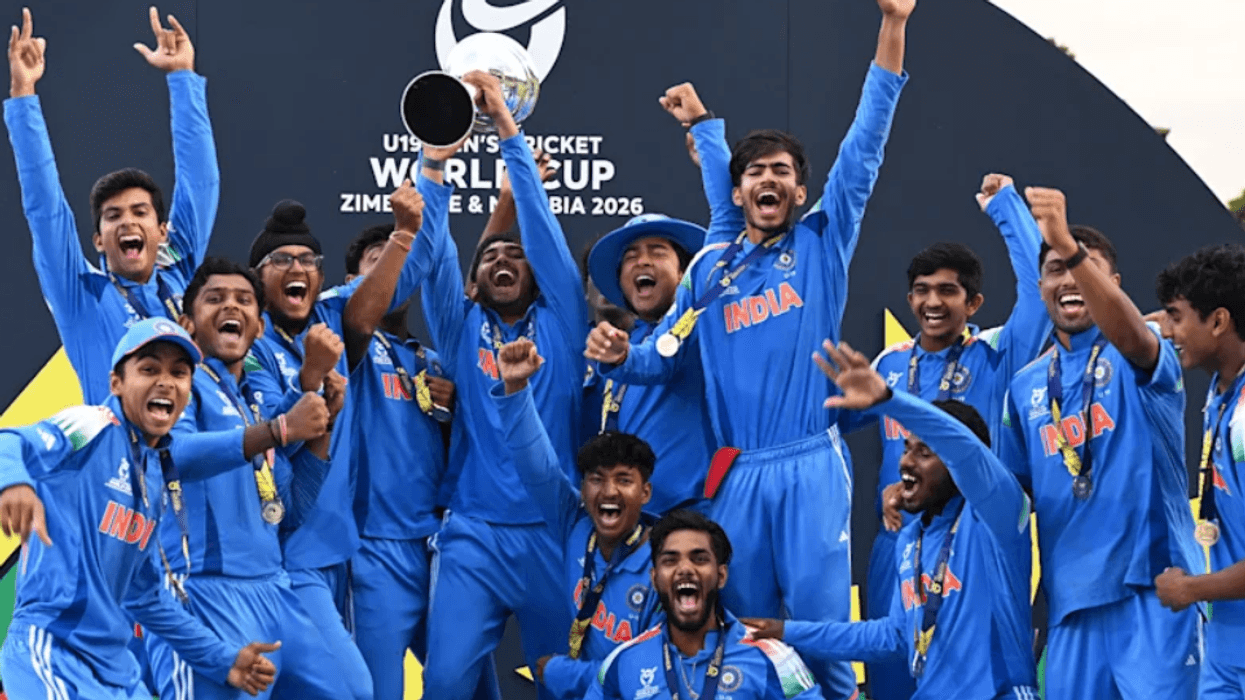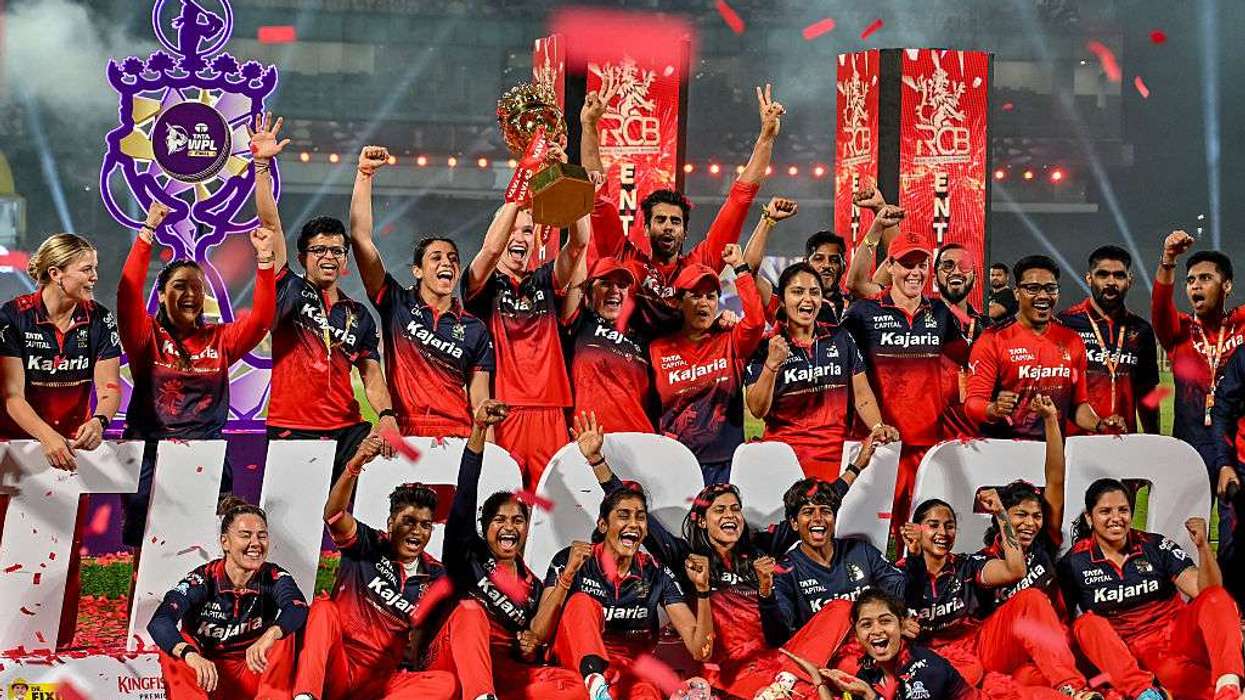TWO former umpires have accused the England and Wales Cricket Board (ECB) of institutional racism and called for an independent investigation by the UK Equality and Human Rights Commission (EHRC).
John Holder, who stood in 11 Tests and 19 one-day internationals in nearly 30 years as a professional umpire, and Ismail Dawood, who stood on the ECB reserve list and umpired first-class matches, said it was vital to have an inquiry "to challenge organisations like the ECB".
The last black, Asian and minority ethnic (BAME) umpire to be added to the ECB's first-class list was Vanburn Holder 28 years ago. There have been none since his retirement in 2010.
An ECB spokesman told the BBC it wanted a more diverse ethnic make-up on their umpires panel but it was some way off from happening.
"Today's group of professional umpires don't reflect the diverse ECB we are determined to be," he said.
"We want to see more BAME representation among our officials, and recognise we still have a long way to go as a game to achieve this."
Holder, who played county cricket for Hampshire from 1968-72, claimed people from minority ethnic backgrounds were not being given a chance when they put their name forward to be appointed to the first-class panel.
"I have no reason to doubt that there is," the 75-year-old Barbados-born Holder replied when asked if he believed there is institutionalised racism at the ECB.
"Several non-white umpires have made enquiries about going on the first-class umpires panel, or becoming a mentor or liaison officer, and none have progressed."
'No trust or confidence'
Dawood, who played first-class cricket for three counties including Yorkshire, said he had no faith in the ECB.
"I have absolutely no trust or confidence in the ECB," he said. "All the way down to the grassroots it is a complete mess and that is why we need it to be investigated.
"Do I want to be part of an organisation that is a complete mess? No.
"In one performance review, I was told: 'Fine judgements must be made about who best fits in'."
Dawood said the only way to spark reform within the ECB was for an independent investigation.
"We implore the EHRC to look into the structures of the ECB and put them under investigation," he said.
"They need to challenge organisations like the ECB to act, we don't want words, we have had lots of words, we want action."
The ECB said in a statement they were putting in place a review to see how they could increase BAME representation.
"The ECB has now commissioned a review, with board oversight, to look at how we can reform our approach to managing match officials," read the statement.
"This will set out actions as to how we can improve our systems and processes to increase the diversity of umpiring, inspire the next generation of umpires and match referees, have a world-class umpiring programme and ensure a culture of inclusivity and fairness throughout the umpiring system."




